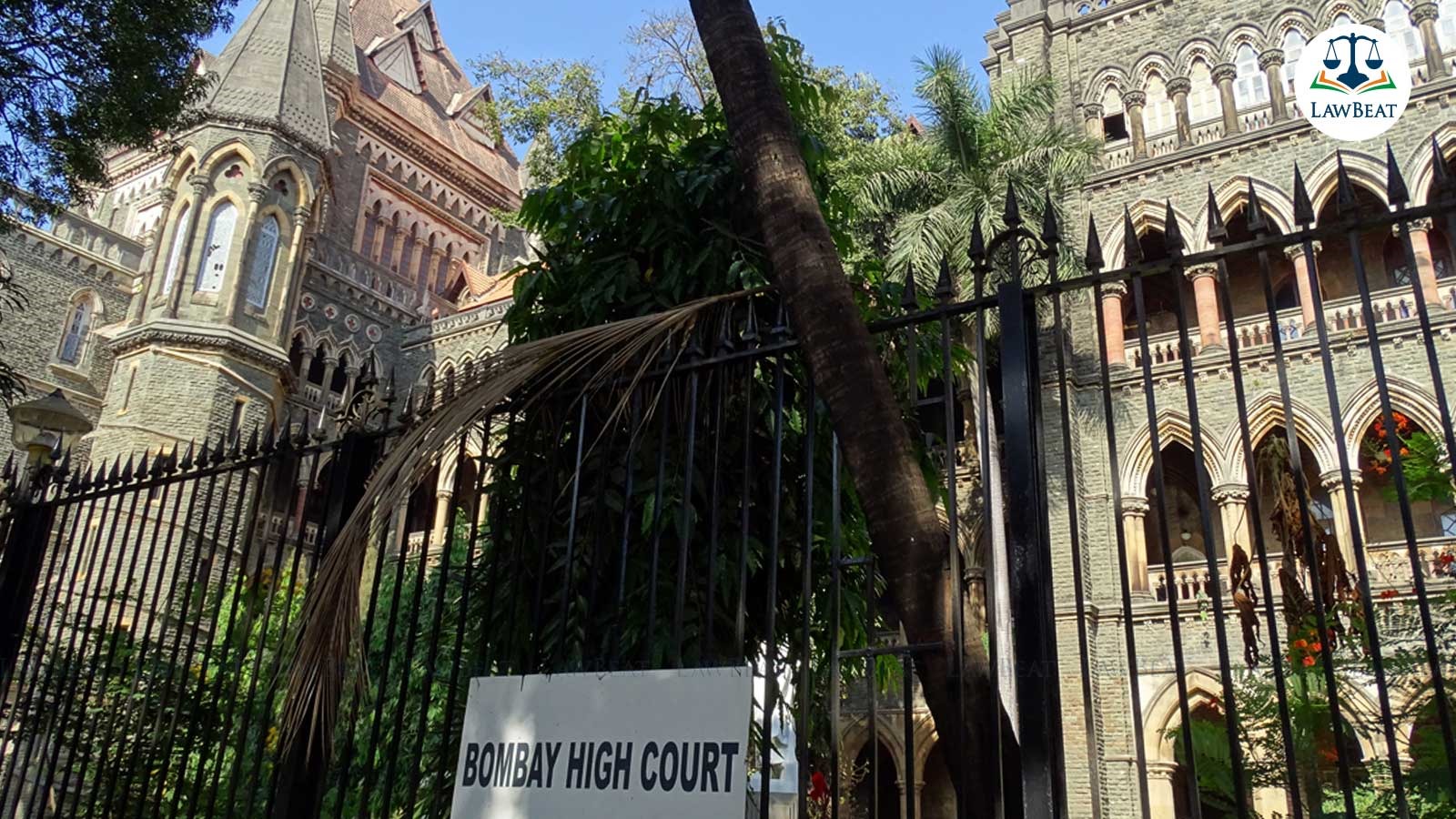Bombay HC Affirms Termination of Judicial Officer Accused of Taking Bribe For POCSO Acquittal

The court emphasised that “the punishment has to be proportionate to maintain dignity and respect of the judiciary and instill confidence and faith of the litigants in the justice delivery system"
The Bombay High Court, in a significant verdict, has affirmed the termination of Pradeep Hiraman Kale, a judicial officer accused of accepting a bribe to acquit a defendant in a POCSO case.
The decision was made by a bench comprising Justice AS Chandurkar and Justice Jitendra Jain, who highlighted the importance of judicial officers maintaining discipline, integrity, and dignity. It noted that “A Judicial Officer has to maintain discipline in the judicial service which is of paramount importance and acceptability of the judgment depends on the credibility of the conduct, honesty, integrity and character of the office and since the confidence of the litigant public gets affected or shaken by the lack of integrity and character of the Judicial Officers”
The case revolved around Pradeep Kale (Petitioner), a Judicial Officer appointed in 2009 by the State, who became subject to disciplinary proceedings in July 2017 due to complaints. Among the three charges levied against Kale was one accusing him of accepting a bribe, facilitated by a peon under his supervision, in exchange for acquitting an accused under the Protection of Children from Sexual Offences Act, 2012 (POCSO). The allegation suggested Kale's complicity in the bribe-taking, which he vehemently denied.
The petitioner, represented by Advocates Nitin Gaware Patil and Divyesh K Jain, filed objections to the charges on July 20, 2017, denying his association with the peon and asserting that the acquittal order was solely based on merits. Subsequently, on February 28, 2018, two charges were dropped, and only the charge of bribery (Charge No.1) was proceeded with for a departmental inquiry. The Principal District and Sessions Judge, Ratnagiri, was appointed as the Enquiry Officer.
During the inquiry, statements of various witnesses were recorded, and the petitioner was given an opportunity to cross-examine them. On October 29, 2018, the Enquiry Officer concluded that while the peon had demanded and accepted money from the complainants, it was not proven that the petitioner was associated with him for this purpose. The possibility of instigation by another person to the peon or his own initiation was not ruled out, leading to the petitioner being found not guilty of bribery.
However, the Disciplinary Authority did not accept the findings of the enquiry report and called upon the petitioner to show cause as to why the grounds of disagreement should not be accepted and why the petitioner should not be held guilty of bribery. The petitioner replied, denying the allegations and relying on the enquiry report.
Despite the petitioner's response, the Disciplinary Authority found the petitioner guilty of bribery and recommended his removal. Consequently, the State passed an order on December 5, 2019, removing the petitioner from government service.
Kale challenged the decision, citing insufficient evidence and emphasising his exemplary performance record. However, the State , represented by Additional GP Milind More, argued for limited judicial interference, contending that Kale had failed to rebut the allegations, placing the burden of proof upon him.
The Court, in its ruling, noted that the impugned order was based on the principles of preponderance of probability and upheld the termination. It stressed that disciplinary proceedings, though quasi-judicial, do not require proof beyond reasonable doubt but rely on preponderance of probabilities.
After reviewing the evidence in the instant case, the court concluded that the decision to terminate the petitioner's service was not unreasonable or perverse. The court also emphasised that “the punishment has to be proportionate to maintain dignity and respect of the judiciary and instill confidence and faith of the litigants in the justice delivery system."
The court found no basis for intervening in the termination of Kale. It determined that Kale was given ample opportunity to respond to the charges, cross-examine witnesses, and address concerns raised. The decision to recommend Kale's removal from service was made after considering Kale's responses and the evidence. Therefore, the court concluded that there was no violation of natural justice principles or procedural irregularities justifying judicial intervention under Article 226 of the Constitution of India.
The court found that the evidence presented, including recorded statements and cross-examinations conducted by Kale, supported the disciplinary authority's findings. Despite the absence of direct evidence implicating Kale, circumstantial evidence and the behaviour of the parties involved supported the disciplinary authority's conclusions.
Moreover, the court dismissed Kale's argument regarding the timing of his request for evidence, considering it an afterthought. Additionally, the court noted that the disciplinary authority provided detailed reasons for disagreeing with the inquiry officer's report, which was within its prerogative.
The court said “considering the nature of the service in which the Petitioner is employed, to maintain the dignity and the majesty of the Court and to avoid the reputation of the judiciary being tarnished, punishment in the form of removal of service is the appropriate punishment.”
Ultimately, the court upheld the disciplinary action, noting that “this is not a fit case to exercise our discretion under Article 226 of the Constitution of India.”
The petition was thus, dismissed.
Cause Title: Pradeep Hiraman Kale v State of Maharashtra [WP(L) No. 555 of 2020]
